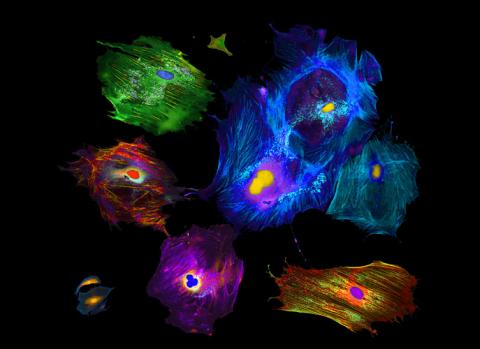In individuals with type 1 diabetes, the body mistakenly attacks insulin-producing cells and destroys them. This leaves the body unable to regulate the amount of sugar in the blood or shift the sugar into cells that convert it into energy. Uncontrolled blood sugar can take a toll on the body damaging the kidneys and heart and leading to other complications. Individuals with type 1 diabetes must take care to monitor their own blood sugar and administer the correct amount of insulin to make up for the work that would normally be done by the pancreatic cells.
However, researchers at the University of Pittsburgh are looking for a way to overcome these challenges by focusing on change at a cellular level. Since the body destroys insulin-producing cells, they are striving to replace them. The researchers want to use the body’s own pluripotent stem cells and turn them into pancreatic islet cells.
To do this, they must determine exactly how to manipulate the cells to get them to transform into the islet cells needed by the body. They are working in collaboration with other universities to further their studies.
According to Ipsita Banerjee, principal investigator in the study and a professor of chemical and bioengineering at the University of Pittsburgh, “We should be able to mass produce these islets, and actually, we have another grant where we are primarily looking into how to mass produce pluripotent stem cells.”
Results from early clinical trials show short-term improvement in more than half of participants. They were able to go off of insulin for two-week periods of time during the first year but most eventually had to continue using insulin injections. Further testing and clinical trials could help to improve these results.
This is far from the only study being conducted to improve the lives of individuals with type 1 diabetes. Researchers are continually striving to make innovate breakthroughs and try cutting-edge approaches. The Diabetes Research Connection supports early career scientists with up to $50,000 in funding for research on type 1 diabetes. These are projects that hold potential but may be passed over by more prominent and competitive funding sources. Click to learn more about current projects and provide support. Every penny counts.




